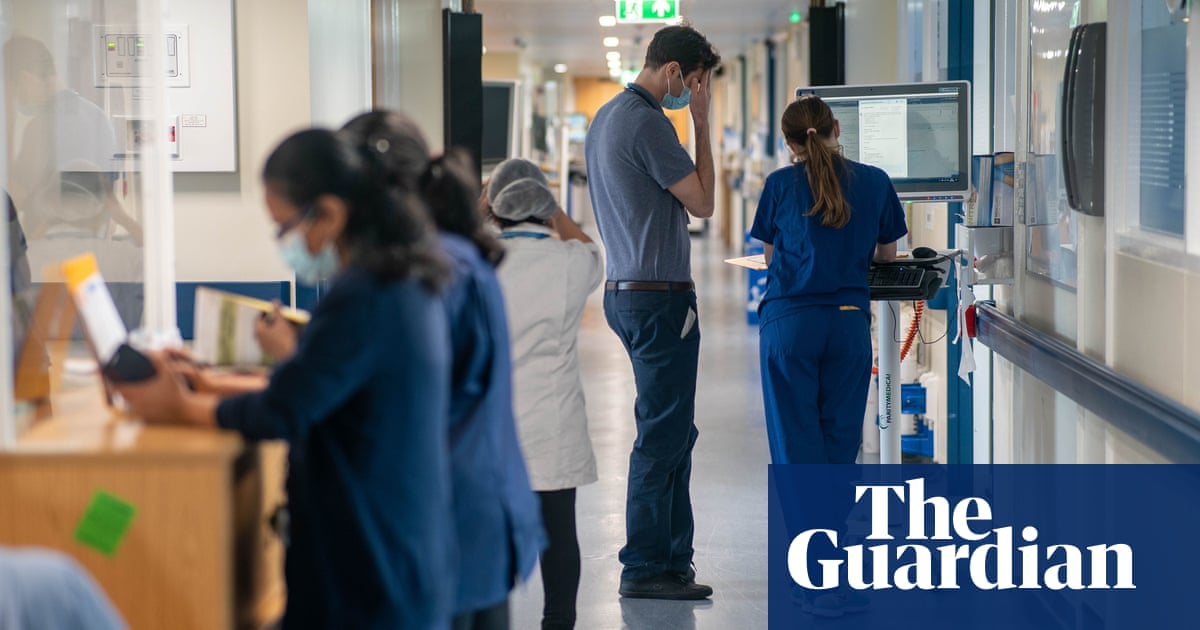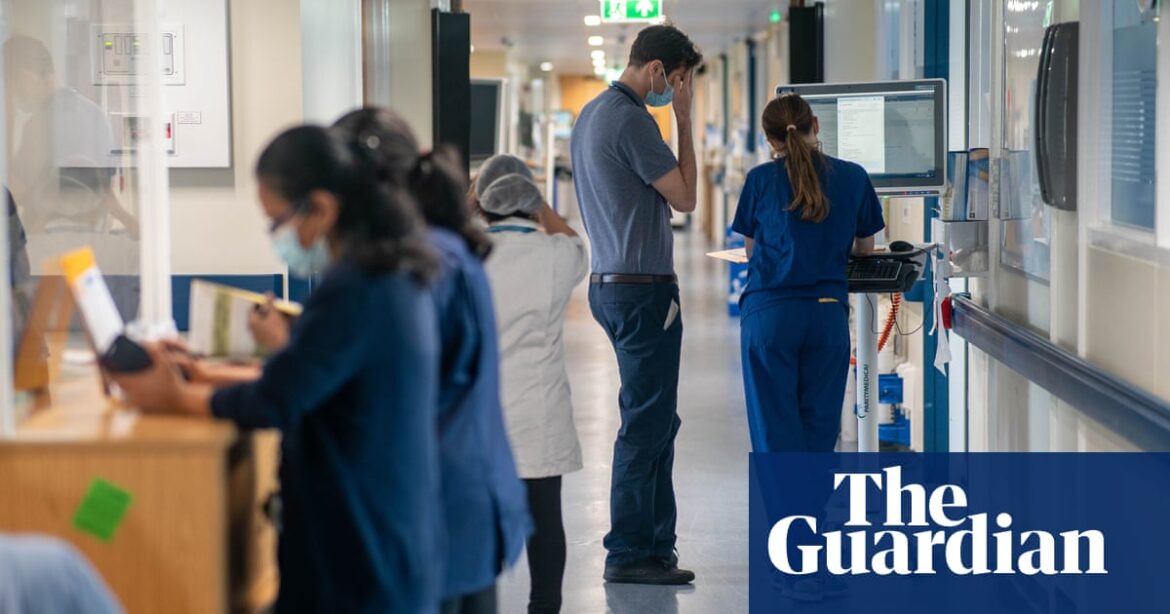
Hospitals in England are being offered unlimited bonus payments to remove people they decide do not need treatment from their waiting lists amid warnings that thousands of patients most in need are still facing unacceptable delays.
The waiting list for hospital treatment fell for the sixth month in a row in February, according to data published on Thursday.
But health experts warned that cancer patients in particular were still suffering devastating waits for vital treatment and long waits in A&E were higher than the same point last year.
In an attempt to cut waiting lists and free up consultants to see those most in need, NHS trusts have this week been ordered to “validate” their entire waiting list.
This will involve reviewing every patient and removing anyone who could be treated elsewhere or does not need an appointment with a specialist. Those whose symptoms have eased or who have already used private healthcare to undergo surgery, for example, will also be removed.
Hospitals will receive an “incentive payment” for each patient they remove, and a payment cap of 5% of a trust’s waiting list is being scrapped, according to documents seen by the Guardian. It means there is no limit to the payments NHS trusts could receive for taking patients off their lists.
NHS analysis suggests about 300,000 people on the waiting list do not require elective care or treatment.
The strategy is likely to raise concerns among patient charities that some people may be wrongly removed. NHS sources said patients would not be removed until they had spoken to a member of the hospital team and a clinician had reviewed their case. Any patient removed would receive a letter and their GP be notified.
The overall waiting list comprised an estimated 7.40m treatments relating to 6.24 million patients at the end of February – down from 7.43m treatments and 6.25 million patients at the end of January, figures showed.
Of patients urgently referred for suspected cancer, 80.2% were diagnosed or had it ruled out within 28 days in February. This was up from 73.4% the previous month and was the highest since the target was introduced in April 2021.
However, the proportion of patients who waited no longer than 62 days from an urgent suspected cancer referral, or consultant upgrade, to their first definitive treatment for cancer was 67.0%, down slightly from 67.3%. The government and NHS England have set a target of March 2026 to get this figure up to 75%.
Michelle Mitchell, the chief executive of Cancer Research UK, said: “Although progress is being made to diagnose patients sooner, today’s data shows that people still face unacceptable delays to access vital cancer care in England.”
Pat Price, an oncologist and the chair of Radiotherapy UK, said patients continued to suffer “the devastating – and avoidable – consequences of delayed or denied access to life-saving treatment”.
In emergency departments, 75% of patients were seen within four hours last month, up from 73.4% in February. However, the number waiting at least four hours from the decision to admit to admission rose slightly, to 133,957 in March, up from 131,237 in February.
Dr Tim Cooksley, the immediate past president of the Society for Acute Medicine, said of 12-hour waits that the significant rise in the number of patients experiencing corridor care in hospitals was a national scandal.
“The figure is up 8.8% on last year at 46,766 and we must hit home the reality of the fact these patients will be vulnerable, often older people, who are facing the dangers and indignity of this degrading situation.”
Prof Sir Stephen Powis, the national medical director at NHS England, said the figures showed “signs of genuine progress across a range of services”. The health secretary, Wes Streeting, said “we are starting to see a real difference” but warned that fixing the health service was a long road.
Source: theguardian.com



